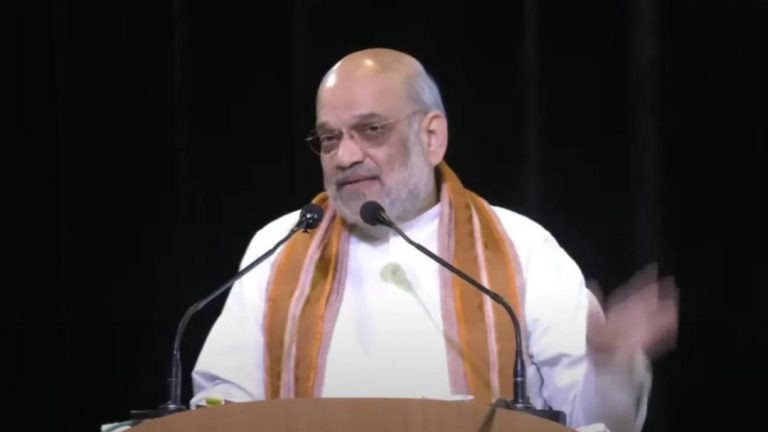
IT Employees Burn Murthy, L&T Chief’s Effigies for Proposing Longer Workweeks
The IT industry has long been associated with long working hours and demanding work cultures. However, a recent proposal by Infosys Founder Narayana Murthy and L&T Chairman SN Subrahmanyan to extend working hours has sparked outrage among IT employees in Bengaluru. In response, employees of the industry gathered to protest against this exploitative demand, and in a bold statement, burnt effigies of the two CEOs.
The protest was organized by the Karnataka IT Unorganized Task Force (KITU), an IT employees’ union in Karnataka. The union has been vocal about the struggles faced by IT employees, including long working hours, low salaries, and lack of benefits. The union has been demanding better working conditions and more humane work practices from the industry.
Murthy’s proposal to extend working hours to 70 hours a week was seen as a callous and unrealistic demand by many IT employees. Subrahmanyan, on the other hand, suggested that employees should work 90 hours a week. These demands were met with widespread anger and frustration among IT employees, who felt that they were being asked to sacrifice their personal lives and well-being for the sake of their jobs.
The protest, which took place in Bengaluru, saw hundreds of IT employees gather to express their dissent against the proposals. Despite attempts by the Bengaluru Police to stop them, the employees managed to burn effigies of Murthy and Subrahmanyan, a symbolic representation of their resistance against the exploitative demands.
The protest was peaceful, with employees holding placards and banners that read “Not 70 hours, not 90 hours, we need a better life” and “We won’t compromise on our well-being”. The employees also chanted slogans and sang songs to express their opposition to the proposals.
The protest was a significant show of solidarity among IT employees, who have long been plagued by the industry’s demanding work culture. Many employees have spoken out about the toll that long working hours have taken on their mental and physical health, and the lack of benefits and support from their employers.
The demands made by Murthy and Subrahmanyan have also sparked a wider debate about the IT industry’s work culture and the need for more humane practices. Many experts have argued that the industry’s focus on productivity and efficiency has led to the exploitation of employees, and that it is time for a change.
The protest by IT employees in Bengaluru is a wake-up call for the industry, and a reminder that employees will no longer tolerate exploitative practices. As the IT industry continues to evolve and grow, it is essential that employers prioritize the well-being and happiness of their employees, rather than just focusing on profits.
In conclusion, the protest by IT employees in Bengaluru against the proposals by Murthy and Subrahmanyan is a powerful statement against exploitative work practices. The industry must listen to the voices of its employees and prioritize their well-being, rather than just demanding more from them.






